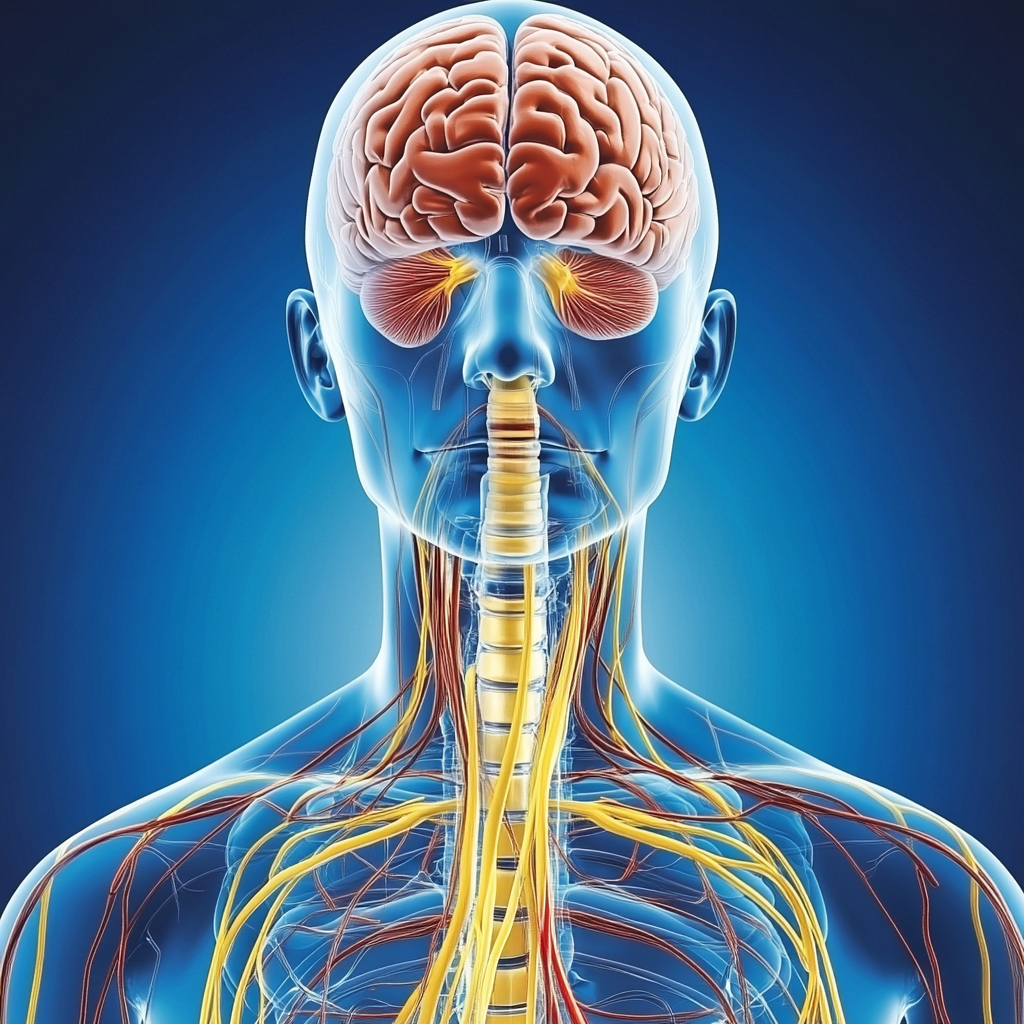OVERVIEW OF AUTONOMIC NERVOUS SYSTEM
BRIEF SUMMARY OF WHAT TO EXPECT

WHAT TO LOOK FOR?
What to Look For
Determining whether you need this service can depend on several symptoms, including:
- Persistent dizziness or fainting
- Rapid or irregular heartbeat
- Difficulty regulating body temperature
- Sudden drops in blood pressure upon standing
- Excessive sweating or lack of sweating
- Gastrointestinal issues like bloating, nausea, or constipation


WHAT CAN YOU EXPECT?
ANS diagnostic testing involves several different procedures, depending on the symptoms and the specific tests required:
- Tilt Table Test: You will be strapped to a table that tilts you from a lying down to an upright position while monitoring your heart rate, blood pressure, and symptoms.
- Deep Breathing Test: You will be asked to breathe deeply at a specific pace while your heart rate and blood pressure are monitored to assess how your ANS responds.
- Valsalva Maneuver: This test involves blowing into a tube to create pressure while monitoring heart rate and blood pressure.
- Sudomotor Testing: This test evaluates your body’s sweat production in response to a mild electrical current applied to the skin.
These tests are typically non-invasive, though they may cause temporary discomfort or symptoms like dizziness. Results are usually available within a few days.

WHEN TO SEEK EVALUATION:
After ANS diagnostic testing, patients can usually resume normal activities immediately. Some tests, like the tilt table test, might leave you feeling temporarily dizzy or lightheaded, but these effects typically subside quickly. The results, analyzed by a physician, provide critical information for diagnosing autonomic disorders and guiding treatment decisions. The procedures are generally well-tolerated, with minimal risks and complications.
—TESTIMONIAL—
—GET IN TOUCH—
Address:
1006 Legacy Ranch Road, Suite 104 Waxahachie, TX 75165
Call Us:
(469) 290-7246
Office Hours
Mon – By Appt
Tues – Fri 9 am – 5 pm
Sat/Sun – Closed
